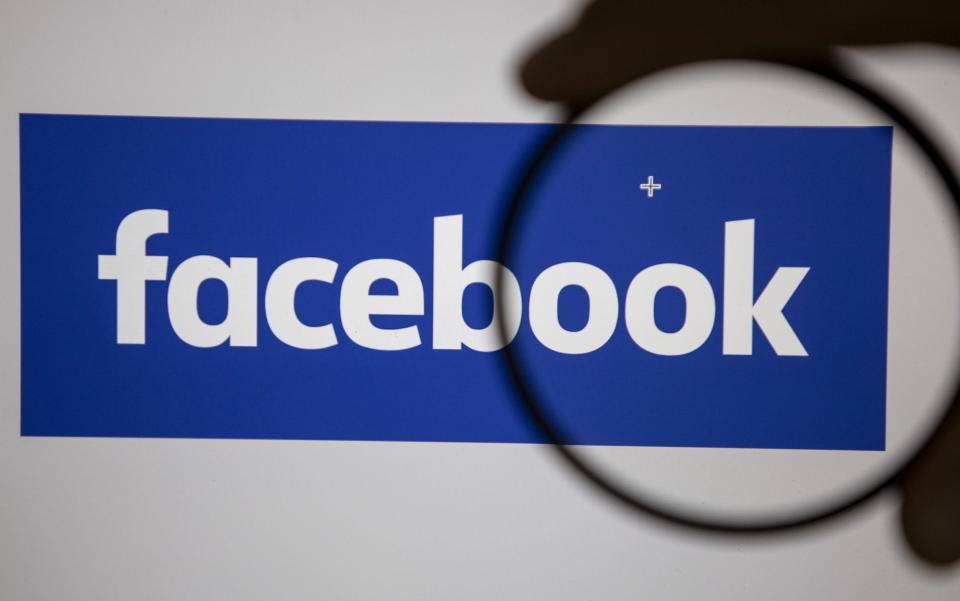Facebook: Most political trolls are American, not Russian

Facebook has banned hundreds of pages and accounts which it says were fraudulently flooding its site with partisan political content – although they came from the US instead of being associated with Russia.
The company said it had banned 559 pages and 251 accounts that were mostly controlled by Americans, including independent news websites with millions of followers.
Facebook's cybersecurity chief Nathaniel Gleicher said most fake activity on the site now appears to come from domestic hucksters trying to capitalise on political divisions rather than state agents.
The purge is part of Facebook's ongoing campaign against what it calls "coordinated inauthentic behaviour", which in this case meants using networks of fake accounts to spread dubious content by artificially inflating its popularity.
In July the company removed 32 pages that it said bore the hallmarks of a Russian influence campaign, and in August it removed 652 more that it said were orchestrated by Iran.
But Mr Gleicher said the "bulk" of fake activity was now "motivated by money, not politics", and that most of it was coming from inside the USA.
"One common type of spam has been posts that hawk fraudulent products like fake sunglasses or weight loss 'remedies'," he said. "But a lot of the spam we see today is different.
"The people behind it create networks of pages using fake accounts or multiple accounts with the same names. They post clickbait posts on these Pages to drive people to websites that are entirely separate from Facebook and seem legitimate, but are actually ad farms."
Where once such spammers might have exploited "natural disasters or celebrity gossip", they now "increasingly use sensational political content – regardless of political slant – to build an audience and drive traffic to their websites."
"If you look at the volume, the majority of the information operations we see are domestic actors," he told the New York Times.
That suggests Americans are now copying the success of Russia's election interference programme to run their own partisan campaigns, whether for ideology or simply for money.
The bans will likely inflame the debate over Silicon Valley's political bias, with key figures on the American right accusing tech companies of deliberately suppressing conservative views.
Facebook declined to comment on the political affiliation of the pages that it banned, naming mostly Left-wing groups such as "Snowflakes", "Reasonable People Unite" and Reverb Press, a "progressive" news site.
Yet it also removed the Facebook group of Right Wing News, a venerable conservative media brand started in 2001 which now has 3.1 million followers on Facebook. The group had recently spread false stories about Christine Blasey Ford, who last month accused new US Supreme Court Justice Brett Kavanaugh of attempting to rape her.
John Hawkins, who founded the original Right Wing News site, said he no longer controlled the Facebook group but claimed that Facebook "has been looking for any excuse to get rid of conservative pages".
Facebook has repeatedly resisted calls to ban users or companies for publishing fake news, instead opting to hide it from users while only issuing full bans for hate speech or spamming.
Mr Gleicher admitted that "inauthentic" political campaigning was "often indistinguishable from legitimate political debate", and said the banned sites had been targeted for their behaviour, not their content.
Separately, Facebook also disabled 66 profiles and pages run by a company which claimed to sell data from Russian users, calling itself "the Cambridge Analytica of Russia".

 Yahoo Finance
Yahoo Finance 